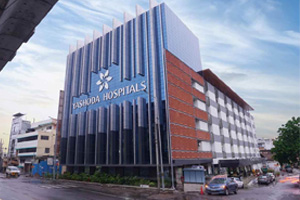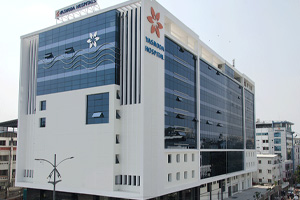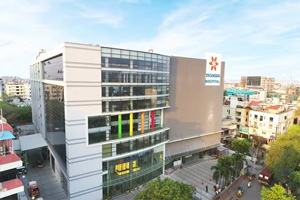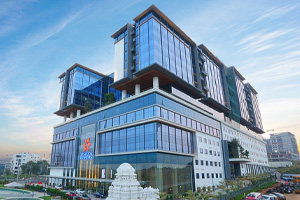What is Anal Fistula Surgery (Fistulatomy)?
An anal fistula is an abnormal passage from the anus to the skin outside, typically near the upper part of the anus, caused by infected anal glands. While inflammatory bowel disease-induced fistulas may heal with medical treatment, most fistulas require surgery. Treatment varies based on severity, location, and underlying cause, with surgical procedures ranging from simple to complex.
Types of Anal Fistula Treatments
Various types of fistula surgery include:
- Video-assisted anal fistula treatment (VAAFT).
- Fibrin plug-and-glue techniques.
- Seton placement.
- LIFT procedure.
- Endorectal advancement flap.
- Fistulotomy.
- Fistula laser closure (FiLaC).
- Fistulectomy surgery.
Moreover, the best treatment for fistula will be decided by the surgeon based on the severity of the fistula and the patient’s condition.
| Procedure Name | Anal Fistula |
|---|---|
| Type of Surgery | Open, laser or minimally invasive |
| Type of Anesthesia | General or spinal anesthesia |
| Procedure Duration | 30 minutes - 2 hours |
| Recovery from Surgery | Few days to few weeks |
Anal Fistula: Pre-Op & Post-Op Care
Preparation for Fistula Surgery
Before surgery, a surgeon evaluates symptoms, medical history, and conducts a physical exam. Imaging tests such as MRI or endoanal ultrasound may be needed to assess fistula complexity. Patients may also need to follow a liquid diet or complete bowel prep prior to surgery.
During the procedure
Fistula removal is performed under either general or spinal anesthesia, depending on the procedure and surgeon’s preference. The patient is positioned accordingly, and an incision is made at the fistula opening to completely remove the fistula tract. Depending on complexity, the incision may be sutured closed or left open.
- Simple fistulas: The surgeon cuts the entire tract for bottom-up healing.
- Complex cases: Stitches placed to preserve sphincter muscle.
- Minimally invasive options: VAAFT and FiLaC (laser treatment for fistula) use cameras or lasers for minimal incisions.
After Anal Fistula
After the procedure, the patient rests in the hospital’s recovery area and follows a liquid diet. Pain, swelling, and discomfort may occur, but the surgeon prescribes painkillers and postoperative care.
Anal fistula surgery recovery
Fistula surgery recovery time varies based on factors like patient health, surgery type, and fistula complexity. The surgical wound typically heals in a few weeks, with most resuming normal activities within 1 to 2 weeks. However, complete healing of the fistula may take several weeks to months.
Post-procedure care
Post-operative care for anal fistula surgery includes:
- Pain management for post operative pain.
- Warm sitz baths are advised for pain relief and wound cleanliness.
- High-fiber diet with fluids is recommended to prevent constipation.
- Stool softeners or laxatives may be prescribed for smooth bowel movements.
- Rest and activity are crucial, but prolonged sitting or standing is avoided.
- Gentle cleaning of the anal area is recommended.
- Regular doctor appointments are necessary to monitor healing and address concerns.
Benefits of Anal Fistula at Yashoda Hospitals
- Minimal Hospitalizations
- Minimally Invasive
- No Blood Loss
- Quick Recovery
- Less Postoperative Pain
- Preserves Muscle And Organ Damage































 Appointment
Appointment WhatsApp
WhatsApp Call
Call More
More